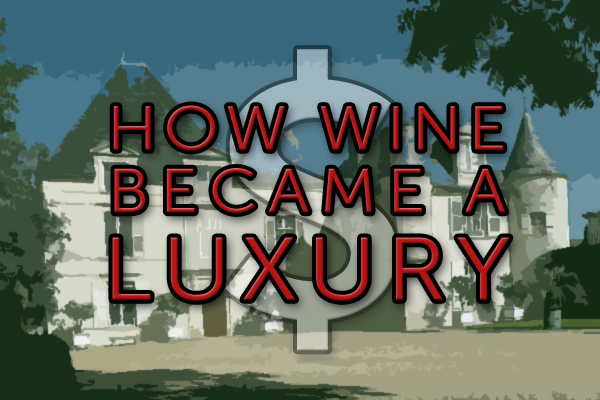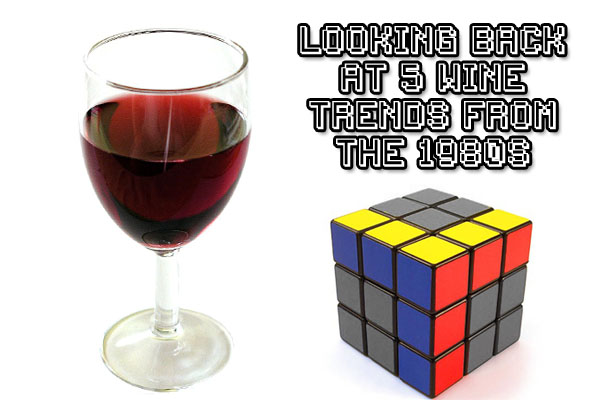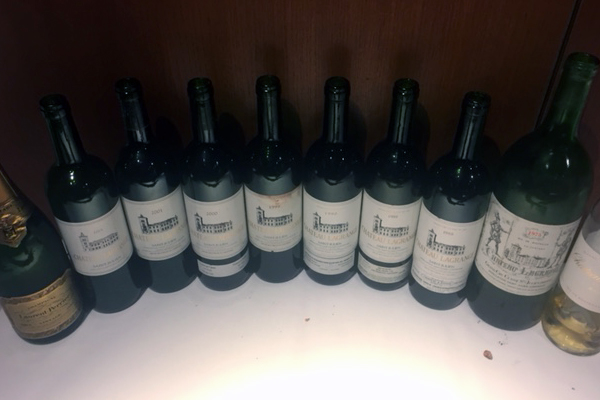
Over the past 20 years there has been more buying of fine wine as a distinct asset investment. Some investors have done very well indeed as the limited supply rarity of top mature wines often just continues to increase in value. For most of us though the wine (& food) boom has meant not an asset portfolio but acquiring some special bottles here and there for expected later drinking but resulting in more of a “wine cellar” than we perhaps intially anticipated. The unwitting result is that more and more “collectors” are having a fair amount of valuable wine left on their death as an asset to be dealt with by their estate. Fewer problems if your spouse, children or other relations have an interest in keeping them. However this is becoming a less unanimous choice and the Estate usually wants to turn those wine assets into cash for distribution. What to do?
In many jurisdictions with a less restrictive liquor policy you can usually contact an auction house or wine store and get an appraisal and eventually deal with the matter on a simpler sale – though value can be very difficult to determine. However for instance in Canada it is becoming a much bigger problem with this increasing asset value. Your scribe was invited as an after dinner speaker at The Law Courts Inn on this topic for a large turnout of the June meeting of The Estate Planning Council of Vancouver. The Executive led by wine lover Vince Cardella of the Promerita Group organized this event very well. Our head table enjoyed a delicious still young loaded with balanced complex fruit 2005 Chateau Canon-La-Gaffeleire St Emilion from his personal cellar which matched perfectly with the main course duck confit. In a good mood. The talk tried to be light and uplifting but was burdened down by the monopoly reality of the BC Liquor Control & Licensing Act (and BC Liquor Distribution Act). Section 39 refers to the unlawful purchase of liquor providing “Except as provided in this Act, the Liquor Distribution Act or the regulations made under these Acts, a person MUST NOT, personally or by his or her clerk, employeee or agent, PURCHASE or, in consideration of the sale or transfer or any property or other consideration, take liquor (which includes wine) from another person”. Section 35 refers to Offence & Penalty under the Offence Act where section 4 has a fine of not more than $2000 or imprisonment of not more than 6 months or both. The Liquor Distribution Act section 2 (2) provides that the LDB has “sole right to purchase both in & out of BC, liquor for resale in BC in accordance with the provisons of the Importation of Intoxicating Liquors Act of Canada. Section 4 provides you must not even possess + 4(1)(e) unless purchased from an authorized vendor (ie. LDB). Of course you can sell the wine Estate asset to the BCLDB (with added sales taxes) but not really a practical solution because presently they have no store to take it for resale but expecting you to come up with your own purchaser. You may want to check with a lawyer on the legality of sending it out of province to one of the helpful Auction Houses (Acker, Christie’s, Hart Davis Hart, Sothebey’s, Zachy’s etc). Ontario now has their own authorized auction company Waddingtons but can’t ship wine in BC to them. Hugh Bulmer of BC local Auction House Maynards would like to help but states he is not legally allowed. They do deal with a long list of other interesting non alcoholic trendy older collectibles such as comic books that are also being increasingly found in Estate assets. Everyone seems to agree that fine wine as an increasing Estate asset is becoming a bigger and bigger problem for executors to administer. They have a high duty of care to locate and review any original will, protect the assets, obligations to beneficiaries & creditors, and so on. What are their duties and best procedures in dealing with Estate wine? Looks like a lot more work coming for the lawyers! Any comments or suggested solutions most welcomed.
You might also like:
 |
 |
 |